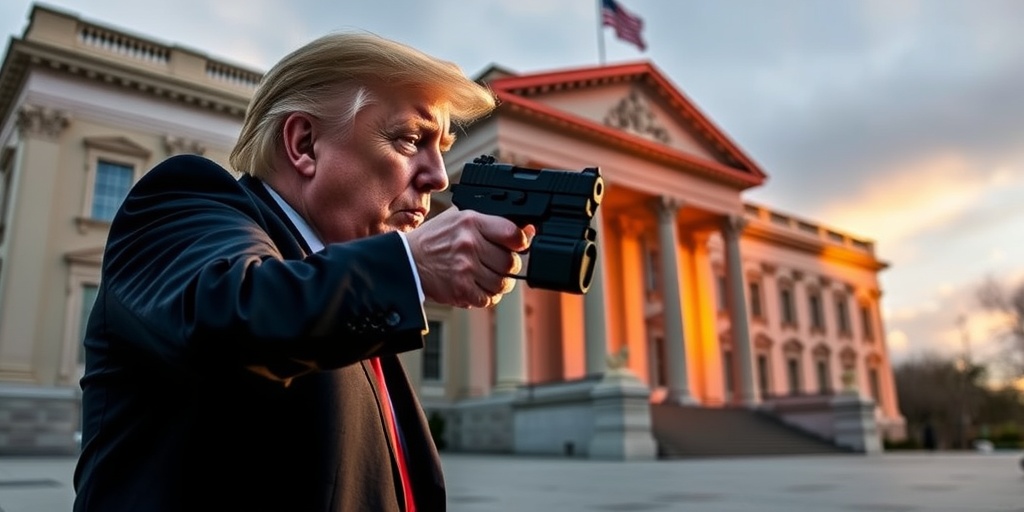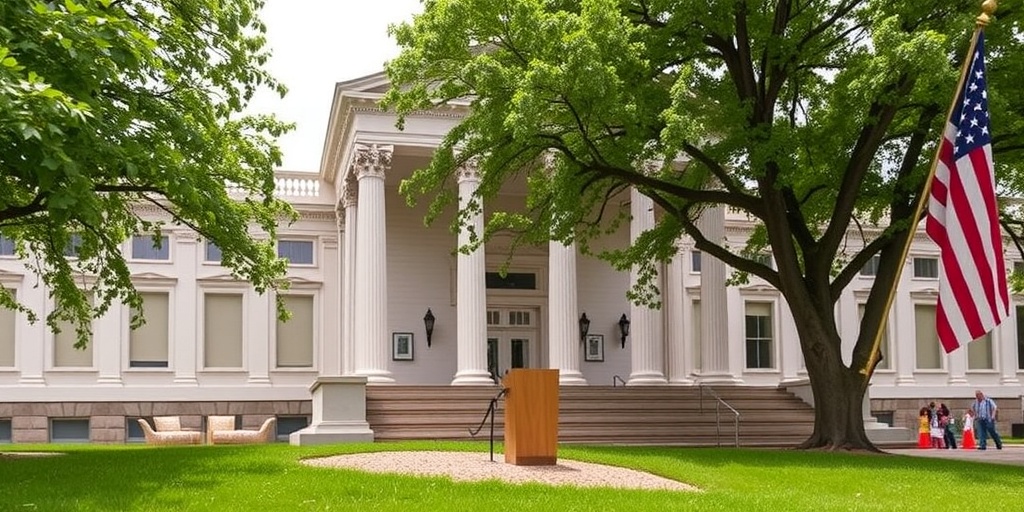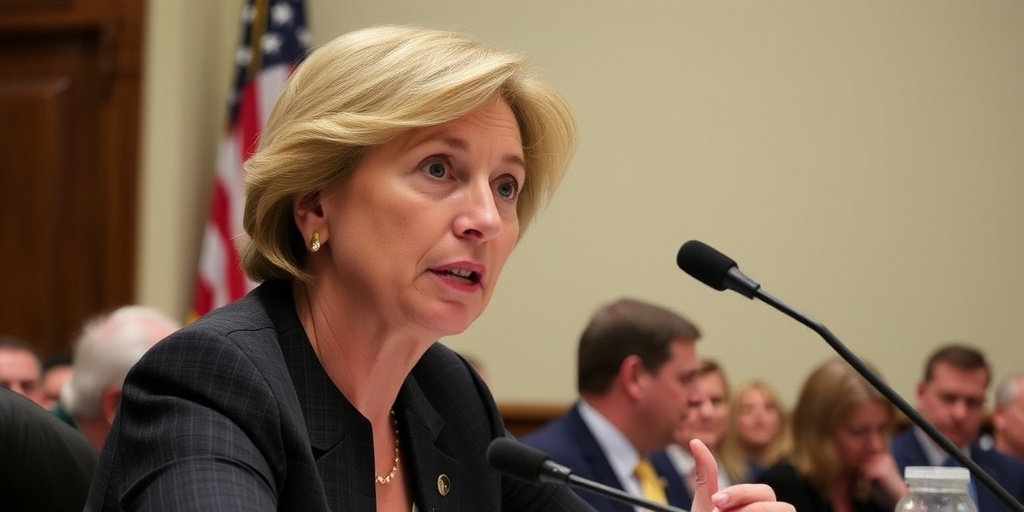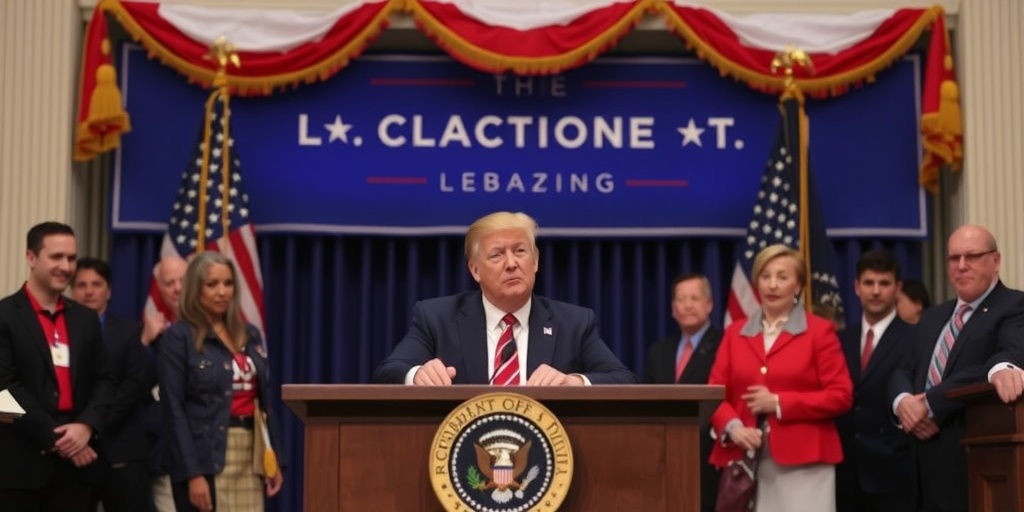Now Reading: Utah Prohibits Most Flags, Including Pride, at Schools and Government Buildings
-
01
Utah Prohibits Most Flags, Including Pride, at Schools and Government Buildings
Utah Prohibits Most Flags, Including Pride, at Schools and Government Buildings
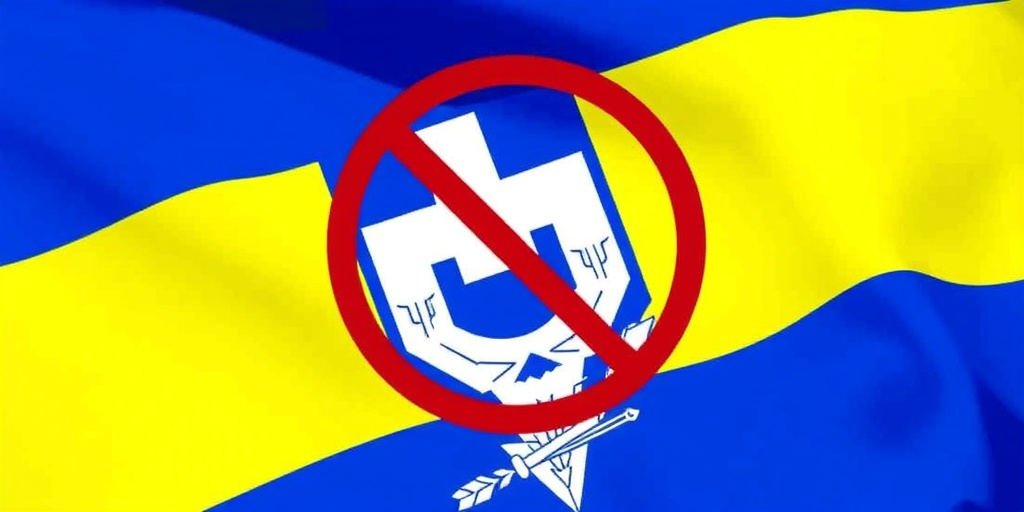
Utah Passes Law Banning Non-Approved Flags in Schools and Government Buildings, Sparking Controversy
In a significant move that has stirred up a heated debate, the Utah State Legislature has approved legislation that prohibits the display of all but a select number of officially sanctioned flags within schools and government buildings. This measure, which has met with staunch opposition from civil rights organizations, is seen as a threat to freedom of expression for members of the L.G.B.T.Q. community and their allies.
On Thursday, the measure became law, permitting only a limited range of flags to be flown. The exemptions include the United States flag, the Utah state flag, and military flags. However, flags that symbolize L.G.B.T.Q. pride, as well as those representing various political causes, are now banned from being displayed in public institutions. This new law stands as one of the most stringent in the nation concerning flag display regulations, reflecting an increasingly polarized discourse centered around the Pride flag and other symbols of L.G.B.T.Q. support.
Lawmakers in other states, including Idaho and Florida, have also been signaling a trend towards restricting flag displays in educational settings. Proponents of the law argue that it serves as a necessary measure to reduce the politicization of schools and government buildings. Trevor Lee, a Republican legislator and sponsor of the bill, articulated this viewpoint on social media, stating, “Taxpayer-funded entities shouldn’t be promoting political agendas. This is a massive win for Utah.”
Despite his concerns about the implications of the bill, Utah Governor Spencer Cox, a Republican, chose to allow the bill to become law without his signature, citing the likelihood that his veto would be overridden. In a letter released on the same day the legislation took effect, Governor Cox expressed his worries about the legislation’s potential impact on the expression of diverse viewpoints. "Parents are rightly upset when they bring their kids to publicly funded schools and see culture-war symbols in a place that should be apolitical," he stated, while advocating for maintaining neutrality within educational settings.
The new law explicitly bans flags representing any political affiliations, although Mr. Lee has notably highlighted Pride flags in discussions surrounding the bill. Should any violations occur, the repercussions include a hefty daily fine of $500 from May 7 onward.
The enactment of this bill has provoked protests from rights groups in Utah, who contend that the legislation is an overt attempt to silence political dissent and stifle individual self-expression. Organizations such as the Utah Pride Center have expressed deep sorrow at the bill’s passage, indicating that it fosters an atmosphere of pain and fear within the L.G.B.T.Q. community. The pride center characterized the law as a calculated effort to diminish L.G.B.T.Q.I.A.+ visibility from public life.
In a display of resilience, the Utah Pride Center organized a rally celebrating transgender visibility to take place at the Utah State Capitol. During this event, they planned to showcase a 200-foot by 30-foot version of the transgender flag, symbolizing their determination to stand against legislative marginalization.
Equality Utah, a leading advocacy group, played a crucial role in lobbying for amendments to the bill, working to fortify protections against discrimination for students. They successfully argued for the removal of a controversial clause that would have permitted parents to sue educators over flag displays, asserting that the law could create a dangerous precedent regarding the rights of local governments to stifle free speech.
In a statement, Equality Utah emphasized their commitment to L.G.B.T.Q. rights, declaring, “We are L.G.B.T.Q. Utahns. This is our home. This is our country. We are not going anywhere.”
The American Civil Liberties Union (ACLU) of Utah had previously urged Governor Cox to veto the proposed bill, arguing that government entities should not engage in banning symbols that offer comfort and recognition to marginalized groups. They posited that the decision-making power regarding such matters should rest with teachers, school boards, and local authorities, reflecting the values and diverse perspectives of their communities.
In reflecting on the law, Governor Cox remarked that its implications extend too far into local governance and noted that merely banning flags will not effectively eliminate other political displays, such as posters or drawings, from classroom environments. "All this bill does is add more fuel to the fire," he criticized.
As Utah faces this heated moment in its legislative history, the discussion surrounding flag representations in public spaces continues to unfold. The implications of this law are sure to resonate beyond the state, as advocates and opponents alike monitor its effects on civil rights and expressions of identity in public life.
Stay Informed With the Latest & Most Important News
Previous Post
Next Post
-
 01New technology breakthrough has everyone talking right now
01New technology breakthrough has everyone talking right now -
 02Unbelievable life hack everyone needs to try today
02Unbelievable life hack everyone needs to try today -
 03Fascinating discovery found buried deep beneath the ocean
03Fascinating discovery found buried deep beneath the ocean -
 04Man invents genius device that solves everyday problems
04Man invents genius device that solves everyday problems -
 05Shocking discovery that changes what we know forever
05Shocking discovery that changes what we know forever -
 06Internet goes wild over celebrity’s unexpected fashion choice
06Internet goes wild over celebrity’s unexpected fashion choice -
 07Rare animal sighting stuns scientists and wildlife lovers
07Rare animal sighting stuns scientists and wildlife lovers













